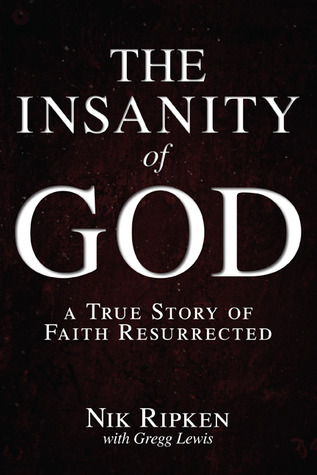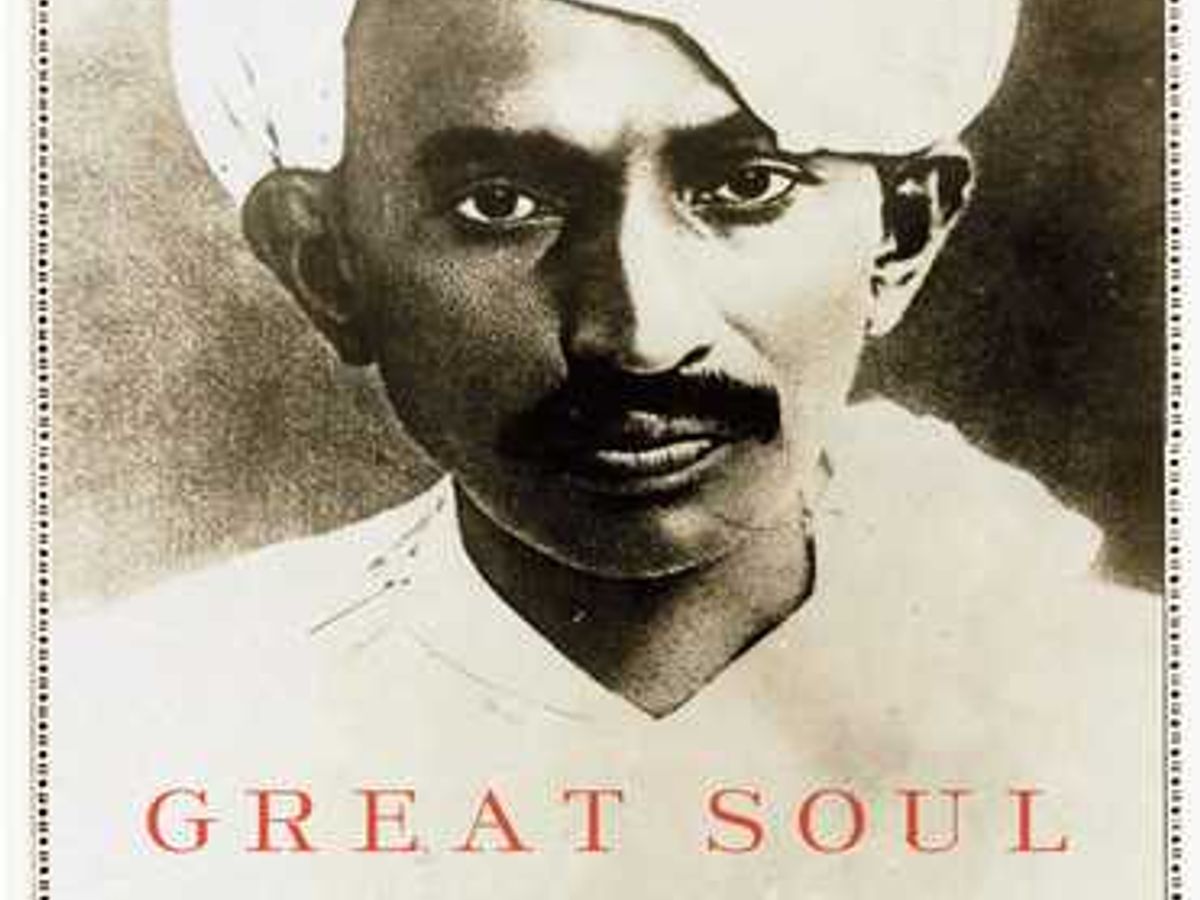Somalia’s civil war, not the place to be if you are white, from the west, and Christian, but that is exactly where Kentucky born, Nik Ripkin found himself in the early 90’s. He wanted to help. The overflow of his love for Jesus made it impossible for him not to try to assist this beleaguered muslim nation.
The light of Jesus must surely overcome the darkness of civil war, violence, radicalism, abuse, starvation, needless death and hopelessness right? His experiences in Somalia left him doubting the answer to that question.
For the love of power and control, feuding tribal warlords and muslim extremist’s continually thwarted anything good for their country. The cost was the death and displacement of millions of their countrymen.
To be a Somalian Christian was not possible. If you were even suspected of following Jesus you were summarily executed. The handful of Christians that Nik got to know while in Somalia were all assassinated while he was there. In part, because they knew Nik. Finally one of Nik’s sons perished from a fully preventable medical emergency had they not been in Africa.
Hearts broken and discouraged, the Ripkins headed back to America. They had so many questions: Can God truly overcome evil? Is love really more powerful than hate? How can a person maintain even a small hope in a dark place? How is it possible for faith to survive in an insane environment like Somaliland’s? Can Christianity work outside of western, dressed-up, well-ordered nations? If so how?
For the next 20 years Nik traveled the globe in search of answers to these questions.
His answer after interviewing over 700 Christian people who come from the worlds most oppressed places is “yes”. In fact, according to Niks research the light of Jesus actually shines brighter in the face of persecution. This book bears out the truth of this claim in one story after another.
Observations:
- Freedom is not always so good for faith: Nik laments how the Christian Church in Russia has lost more of its fervour and zeal in it’s first 10 years of freedom than it had in nearly 100 years of persecution. It seems as though one of freedom’s unintended consequences is the depreciation of faith. Why is that?
- Persecution is a good thing: No one interviewed asked for an end to persecution, only that their joy in God might be sustained through it. These suffering saints had accepted persecution as almost a gift from God, a welcome cross to bear, in China for example, you were not even considered for a position of spiritual leadership in the house church movement, until you had done at least three years in prison. Prison was the necessary “seminary” training, without it, one’s faith was just viewed as mostly theoretical.
- The incredible power of song: Over and over again, these suffering saints from all over the world, clung to songs of faith that helped sustain them in their difficultly.
- God becomes real: The suffering of Christians Nik uncovers is almost unfathomable from our positions of comfort, ease and freedom in the west, but the dramatic ways God reveals himself to those who suffer for him is also equally unfathomable. The miracles, visions, and direct interventions from God recounted made me feel like I was reading right out of the book of Acts.




